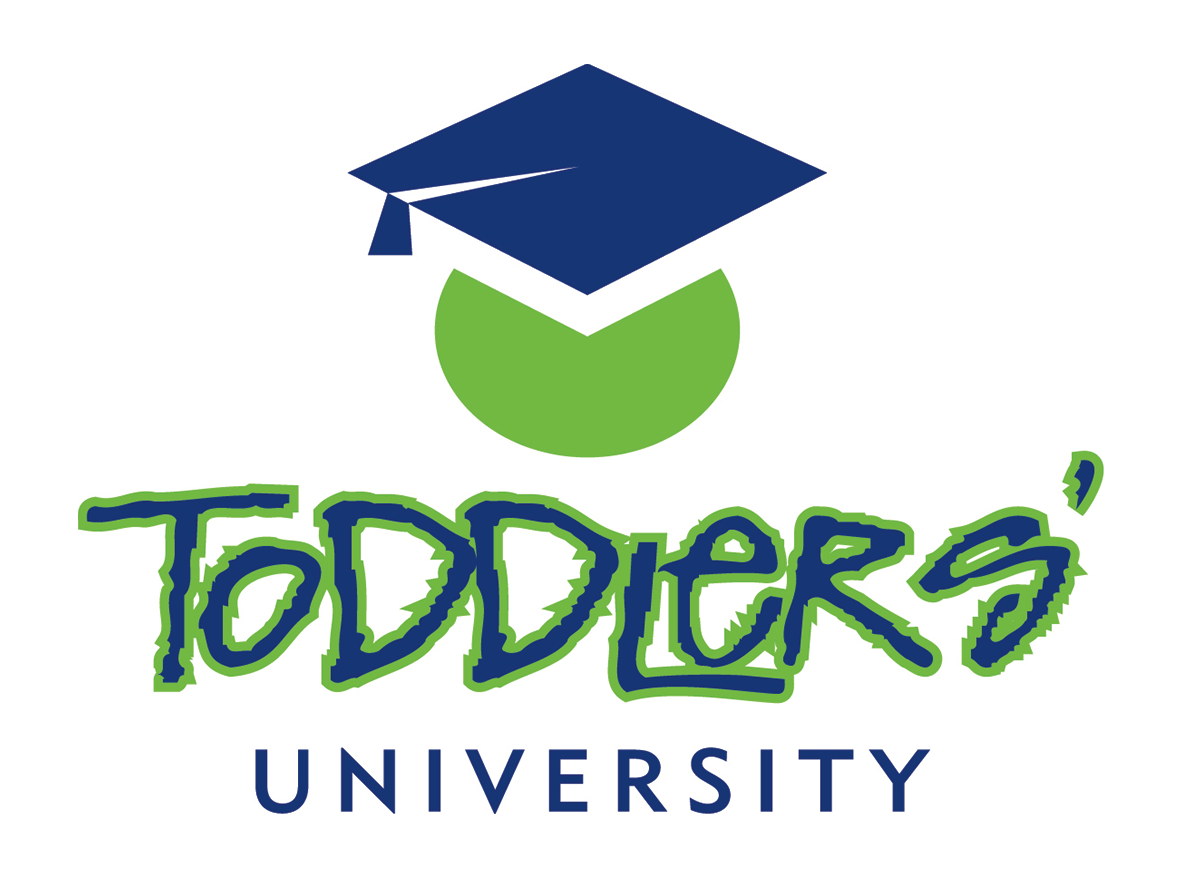Toddlers’ University follows the Early Years Foundation Stage framework (revised in 2012), which sets the standards for learning, development and the care of all children from birth to five.
The areas of learning and development are:
Personal, Social and Emotional Development
helping children to develop a positive sense of themselves, and others; to form positive relationships and develop respect for others; to develop social skills and learn how to manage their feelings; to understand appropriate behaviour in groups; and to have confidence in their own abilities.
Communication and Language
giving children opportunities to experience a rich language environment; to develop their confidence and skills in expressing themselves; and to speak and listen in a range of situations.
Physical Development
providing opportunities for young children to be active and interactive; and to develop their co-ordination, control, and movement. Children must also be helped to understand the importance of physical activity, and to make healthy choices in relation to food.
Literacy
encouraging children to link sounds and letters and to begin to read and write. Children must be given access to a wide range of reading materials (books, poems, and other written materials) to ignite their interest.
Mathematics
providing children with opportunities to develop and improve their skills in counting, understanding and using numbers, calculating simple addition and subtraction problems; and to describe shapes, spaces, and measures.
Understanding the world
guiding children to make sense of their physical world and their community through opportunities to explore, observe and find out about people, places, technology and the environment.
Expressive arts and design
enabling children to explore and play with a wide range of media and materials, as well as providing opportunities and encouragement for sharing their thoughts, ideas and feelings through a variety of activities in art, music, movement, dance, role- play, and design and technology.
These areas have early learning goals which the children work towards completing by the end of the Early Years Foundation Stage, which is in the child’s school reception year.
For more information on the Early Years Foundation Stage visit www.foundationyears.org.uk where there is a downloadable booklet called: What to Expect, When? Also, try searching the following: “early years foundation stage eyfs” and for more information about how the curriculum is delivered in each room, please either speak to the staff or see the information booklet on each room’s notice board.
Within a few weeks of starting at nursery we will have assessed your child’s current levels based on observations of your child and guided by the information that you as parents/carers provide as they enrol at the nursery. We use this information to plan next steps for your child to ensure their effective development. Comprehensive records are kept and the children’s progression is monitored, observed and assessed, developmental areas are used to reflect each child’s assessments and individual learning highlighting any areas requiring further assistance. Parents are kept informed of their child’s progress and are given opportunities to discuss their child’s development at regular intervals, including parent’s meetings, termly assessments and leavers reports.
Parents are encouraged to take an active role in working with the nursery to extend their child’s learning and development. The child’s key worker will inform parents and about the child’s next steps and how these can be reinforced at home.
Staff guide and interact to build positive relationships by being friendly and approachable to children which in return develops a child’s self esteem and helps them to use these skills in the wider community. Each child’s individuality is catered for by staff giving opportunities to express their ideas, feelings, learning about others and right and wrong. Staff set boundaries that are consistent and take into account the lifestyle and developmental stage of the children. Children are encouraged to respect others and their feelings and become compassionate.
We value all children’s knowledge, experience and skills and use these as a base to build on. We note children’s current interests, and their own characteristics of learning either playing and exploring, active learning and creating and thinking critically, and use these to plan future activities. The planned activities are a mixture of child initiated and adult led experiences providing a balanced curriculum.
Your child’s developmental needs and individual interests are catered for within each room through planned activities, free play and a daily routine. We plan activities based on children’s next steps to ensure continuous development. Throughout the day children are encouraged to make choices about what activities they take part in and the children take an active part in getting toys out and putting them away when they have finished with an activity. Play plans include a mixture of adult-led and child-initiated activities.
Positive learning experiences are provided and as we work towards the current curriculum, staff are able to provide differentiation of activities to cater for all ages and abilities.
